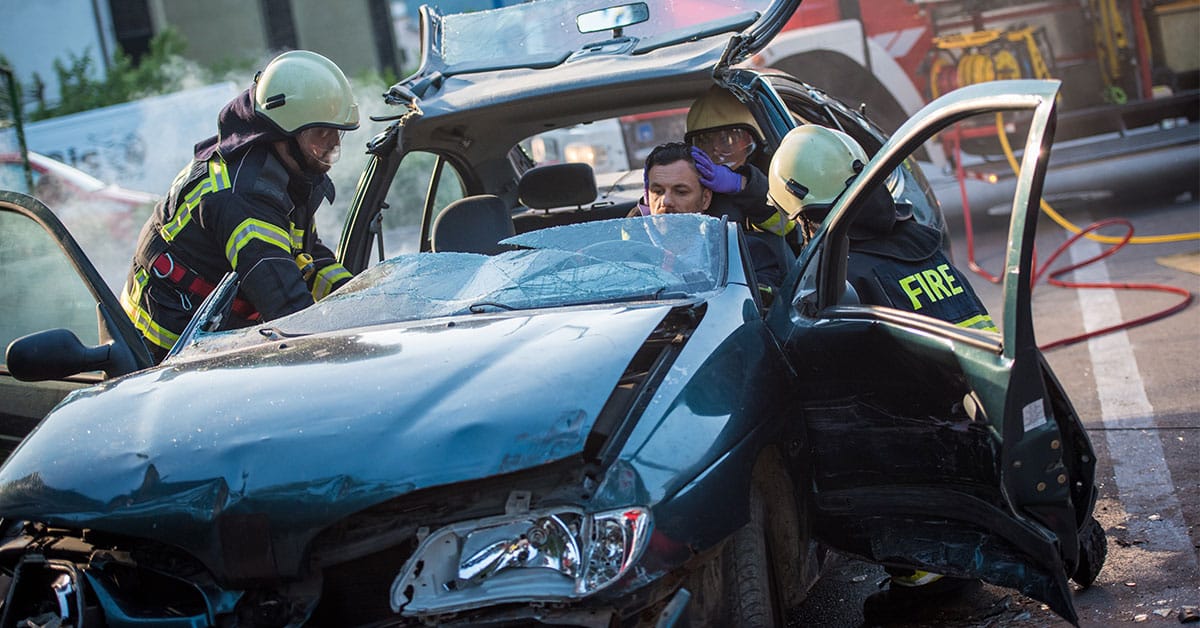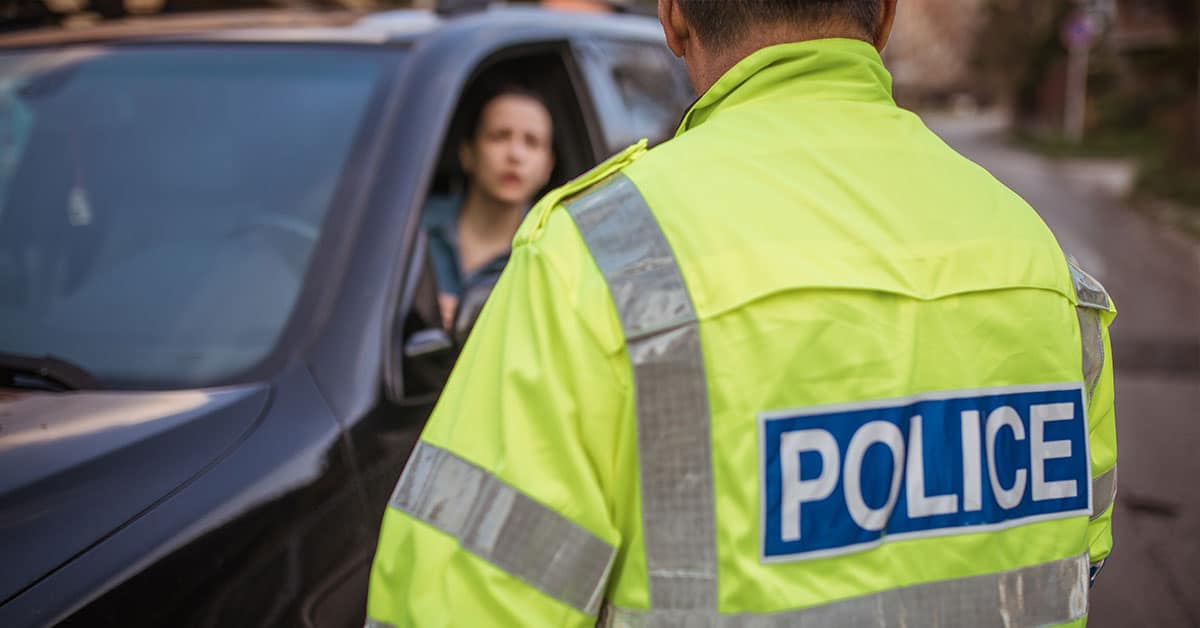Get Sound Legal Advice and Insights from Our Legal Team.

CRIMINAL 3: If blood is drawn after a car accident for medical treatment purposes, are the results of that blood sample admissible in court?
In this case, Defendant appealed his conviction of operating a vehicle while intoxicated, third offense. Defendant crossed the centerline and crashed into the left front tire of another vehicle. Defendant’s vehicle rolled off the road. Witnesses at the scene testified that there were beer cans inside Defendant’s vehicle and that Defendant appeared tipsy or drunk. The prosecution submitted evidence showing that Defendant’s blood alcohol content (BAC) was between 0.117 and 0.141. The jury convicted Defendant as charged.
Following his conviction, Defendant filed a motion for new trial in the trial court. He asserted that his lawyer provided ineffective assistance, thereby depriving him of his constitutional right to a fair trial. He claimed his lawyer failed to object to the admission of the blood alcohol test results and he failed to point out to the jury that the blood alcohol test results were not from the blood draw performed by paramedics at the accident scene. The crux of Defendant’s argument was that there were two blood draws: the first sample was drawn by paramedics at the scene of the accident at 7:01 p.m., and the second sample was drawn at the hospital at 7:51 p.m.
The trial court held a hearing on the motion, and Defendant submitted a number of documents purporting to show that there were two blood draws. The trial court found that Defendant’s lawyer did not provide ineffective assistance by failing to object to the admission of the blood test results because any delay between the time of the accident and the time of the blood draw went to the weight, not the admissibility of the evidence. The court also found that, contrary to Defendant’s claim, there was only one blood draw. The court reasoned that the paramedic testified that he drew the blood at 7:01 p.m. and then gave it to hospital staff upon arrival, which would account for the blood test results stated that the sample was “collected” at 7:51 p.m. Having found that Defendant’s lawyer was not ineffective, the court denied Defendant’s motion for a new trial.
If a defendant’s blood is drawn after an accident for medical treatment purposes, the chemical analysis results of that blood sample are admissible to show the amount of alcohol in the defendant’s blood at the time alleged. For purposes of admitting the results of blood alcohol tests performed on a driver, there is no requirement that such tests be given within a reasonable time. A delay between the accident and the blood test bears on the weight of the evidence, not its admissibility.
There is no denying that Michigan has harsh punishments for drinking and driving; jail, probation and license suspension are all possible. If police stop you for suspected drunk driving here in Michigan, it is likely they will want to administer a breath test or a blood test. Unfortunately, in Michigan, failure to take a breath or blood test could result in license suspension for at least a year. The results, however, are not always ironclad proof of anything. At Aldrich Legal Services, we work with our own experts and conduct a thorough examination. With strong attention to detail, we will make sure officers followed the law when conducting, handling and processing your tests. If we find any problems, we may be able to have the results thrown out, which will benefit your case if you are facing OWI charges.


